In a pivotal New York City election, Zohran Mamdani is set to serve as the city’s next mayor, signifying a dramatic generational and ideological transformation within the Democratic Party. The 34-year-old Ugandan-born Democratic Socialist from Queens made history as New York City’s first Muslim and South Asian mayor, and the youngest to hold the office in over 100 years.
“The future is here, and it’s ours to shape,” Mamdani proclaimed to enthusiastic supporters Tuesday night during a victory event in Brooklyn. “We have dismantled a political dynasty.”
A Campaign That Changed the City’s Politics
Mamdani clinched his win over former Governor Andrew Cuomo, running as an Independent, and Republican Curtis Sliwa, with a final vote tally of 50.39% to Cuomo’s 41.59% and Sliwa’s 7.1%.
Coming into the race as a little-known assemblymember from a modest Queens district, Mamdani’s agenda of housing affordability and equality found favor among working-class and younger voters. “I can sense the dawning of a hopeful new era,” he stated in his speech, echoing the optimism that defined his platform.
Mamdani’s platform championed progressive change: fare-free public buses, rent protections, universal child care, and a higher minimum wage. His tech-savvy approach and grassroots enthusiasm elevated him to a citywide presence, setting a precedent for future urban campaigns.
Cuomo’s Acknowledgment and Caution
During his concession, Cuomo acknowledged the force behind Mamdani’s campaign but issued a stark warning. “We rely on police for public safety. Turning NYPD into adversaries is not the answer,” Cuomo cautioned. He further stated, “We may be moving down a perilous path.”
These remarks highlight the ideological rifts emerging inside the Democratic Party, between traditional centrists and the energetic socialist wing led by Mamdani.
Democratic Party’s Moment of Introspection
Mamdani’s success stands to trigger a significant internal realignment for New York Democrats. Senator Chuck Schumer, notably, chose not to weigh in, while Congressman Hakeem Jeffries only backed Mamdani a day before early voting.
Jeffries’ late support may do little to quell left-wing calls to challenge him in his own seat, a move with potential nationwide impact on Democratic leadership.
As Political Communications Strategist and JIG Media CEO Vernon Jones put it, “If Jeffries had promptly answered questions on why he hesitated to endorse Mamdani—by making clear that Mamdani hadn’t supported Kamala Harris—it could have shifted the narrative. Many New Yorkers only learned of Mamdani’s lack of endorsement through campaign ads. Early transparency would have lessened the backlash.”
Jones’ perspective reveals how message control and digital strategy increasingly shape political outcomes, teaching establishment Democrats important lessons about timing and outreach.
Looking Ahead
The surge of Democratic Socialists suggests the party’s power base is shifting away from figures like Schumer and Jeffries to a new generation. By winning the mayoralty, Mamdani’s movement proved it can succeed at the city’s highest office.
Now, attention turns to whether this coalition can deliver on its promises and govern New York’s immensely diverse city.
Additional Election Highlights
Another closely watched contest in the Bronx’s 13th City Council District concluded with Democrat Shirley Aldebol reclaiming the seat from Republican Kristy Marmorato, taking 51.5% to 46.2%. Marmorato previously became the first Republican to win a Bronx council seat in two decades.
Mamdani’s win is more than a transition—it signals a dramatic political shift. The Democrat’s established pragmatic center in New York faces a rising, youthful, and radical base ready to embrace democratic socialism, with implications far beyond the city.
Subscribe to NYC Politics for more in-depth New York City political coverage, interviews, updates, and legislative analysis.

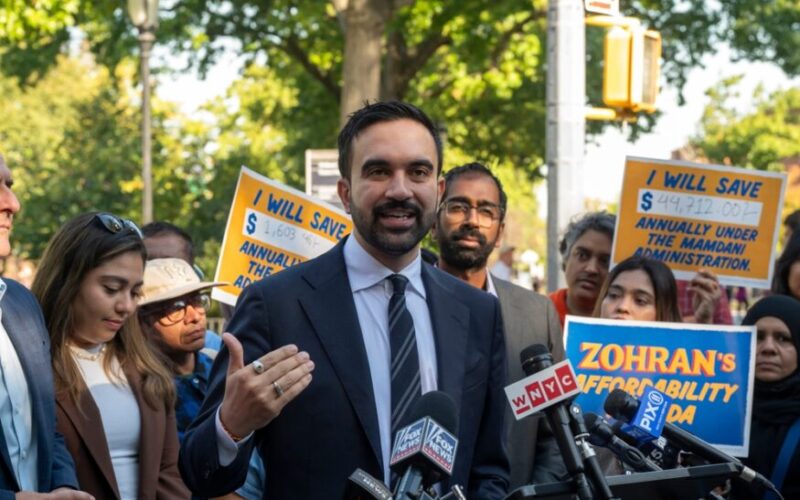



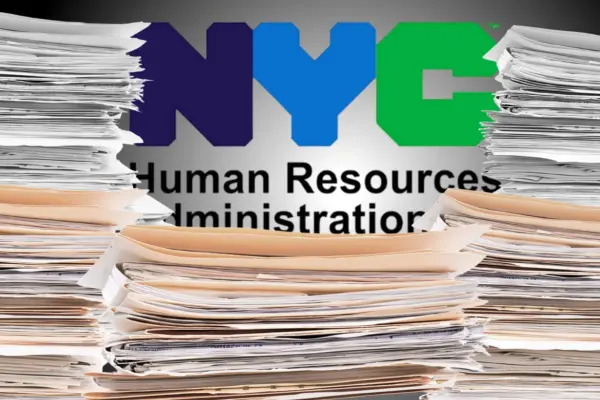
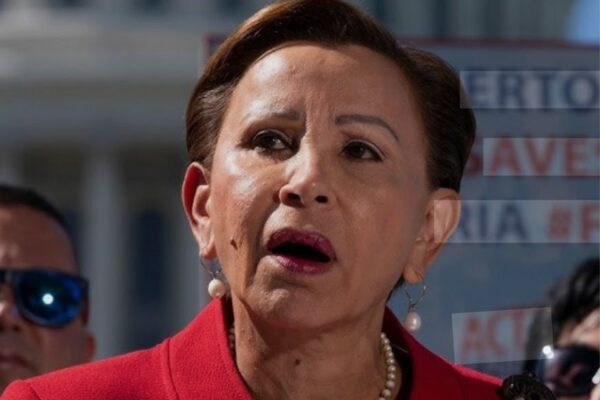

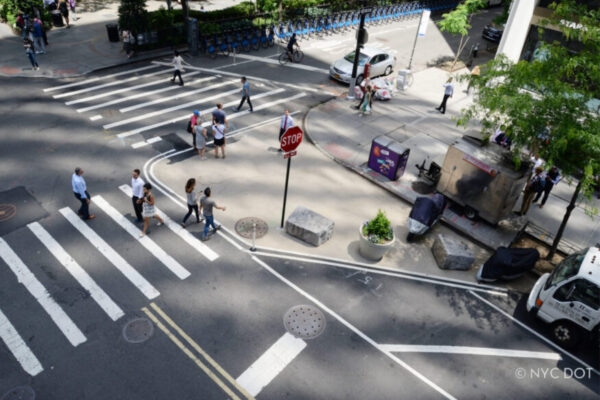


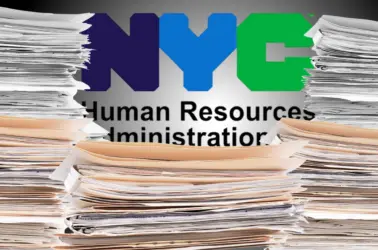
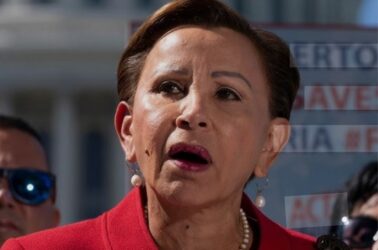





Leave a Reply
You must be logged in to post a comment.